
Kofi's Choice
By ancorefields

12 Aug, 2023
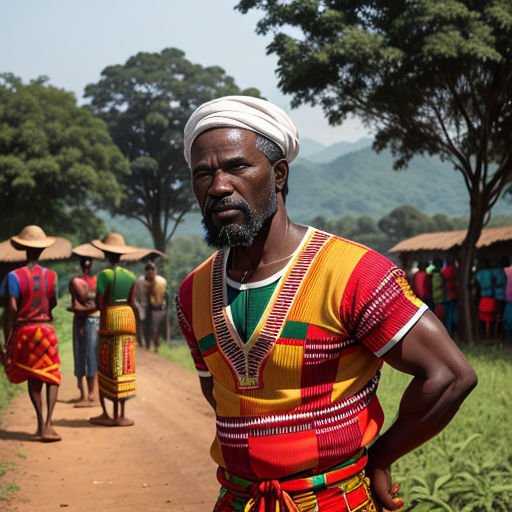
Kofi, a cocoa farmer in a small village in Ghana, was renowned as the best wrestler in the region. His strength complemented his hardworking nature, as he tilled his fertile farm under the warmth of the African sun.
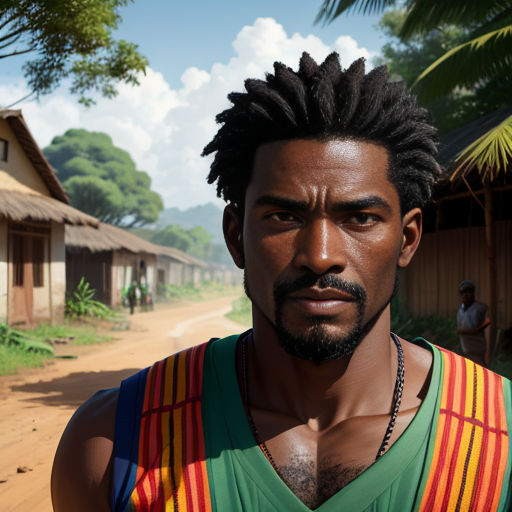
Despite being a respected man in his community, Kofi was known for his temper and disdain for modern ways, intending to epitomize the traditional Ghanaian man.
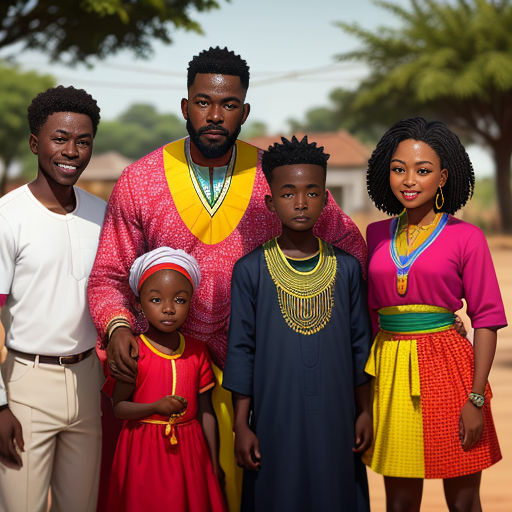
Kofi cohabitated happily with his two wives, Ama and Akua, alongside their numerous children. His son, Kwame, was following in his father's footsteps, already demonstrating wrestling prowess.
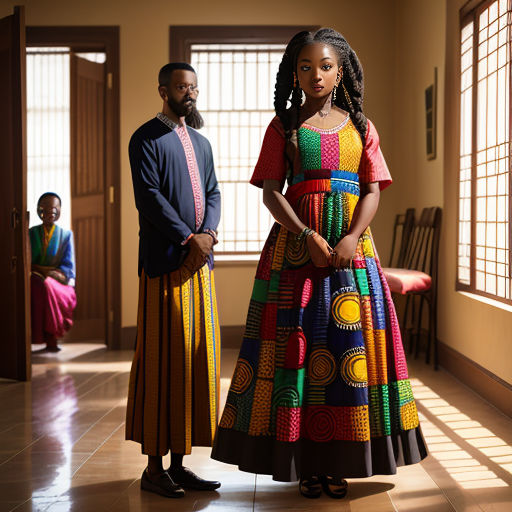
Among all his offspring, it was his daughter, Aba, with her sharp intellect, who left everyone wonderstruck with her intelligence.
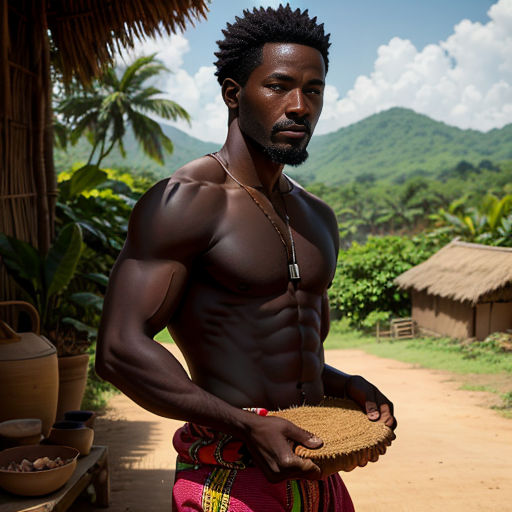
Kofi was a diligent worker, aiming to grow the most robust cocoa yield, which he believed would establish his status as an elder in the village.

One year, American Christian missionaries arrived in the capital, Accra. Setting up churches and schools, they began preaching about Jesus Christ and gaining followers.

While many were drawn to this new faith, the village chief and Kofi noticed that the missionaries were causing the erosion of their traditional Ghanaian beliefs.
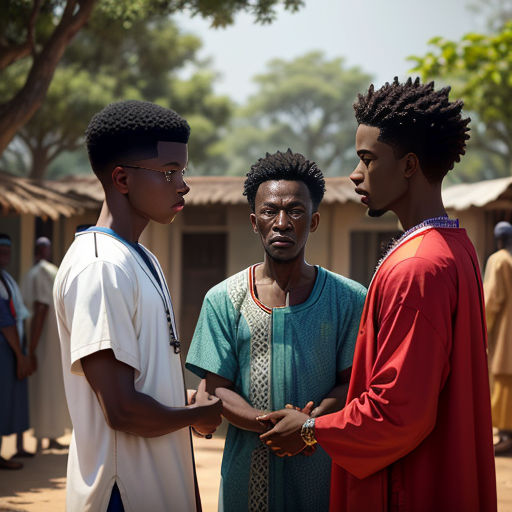
The clash of beliefs reached a climax when Kofi's nephew, Kwesi, converted to Christianity, even adopting a new moniker, "Christian."
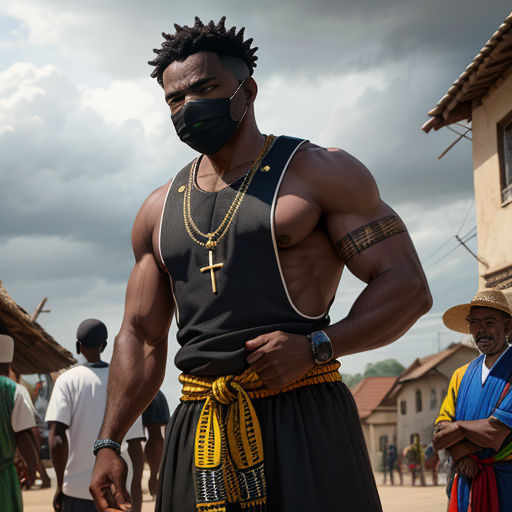
Kofi, in his rage, rejected Kwesi, leading the village elders in threatening the missionaries to halt their evangelization.
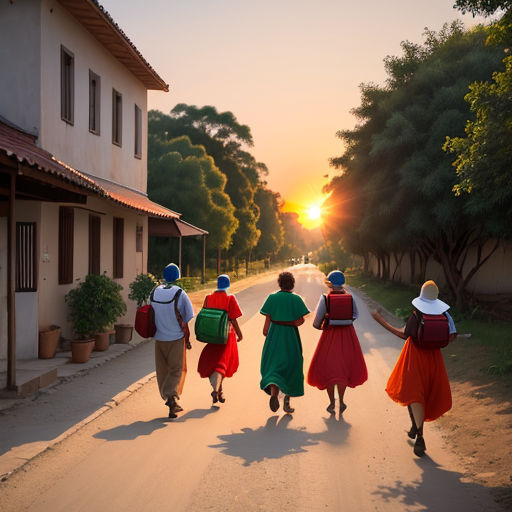
But the missionaries were undeterred, using education and aid as means to make progress into the heartlands of Ghana.
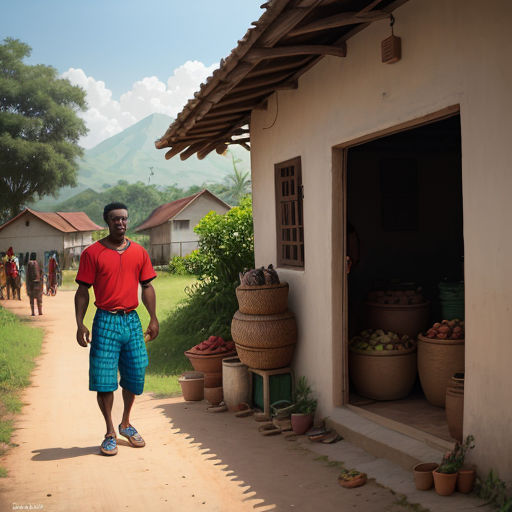
After spending several years in the city of Kumasi, Kofi returned to his home and was disturbed by the transformation.
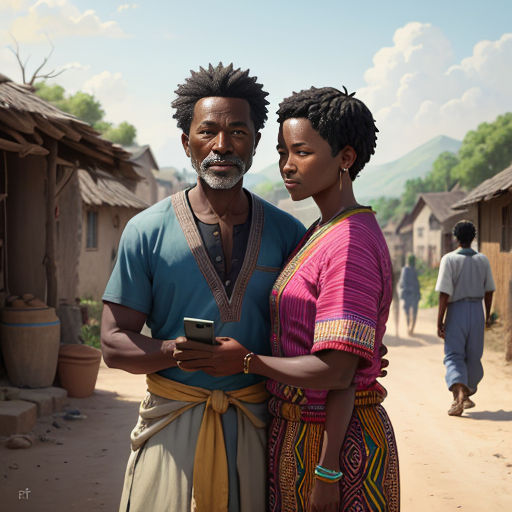
The government had brought electricity, cell phones and western clothes to the village. Kofi felt an uncomfortable tug of resentment against these modern influences.

A turning point came during the renowned Yam Festival. A young convert named Thomas brazenly criticized their indigenous customs, sparking Kofi's rage.
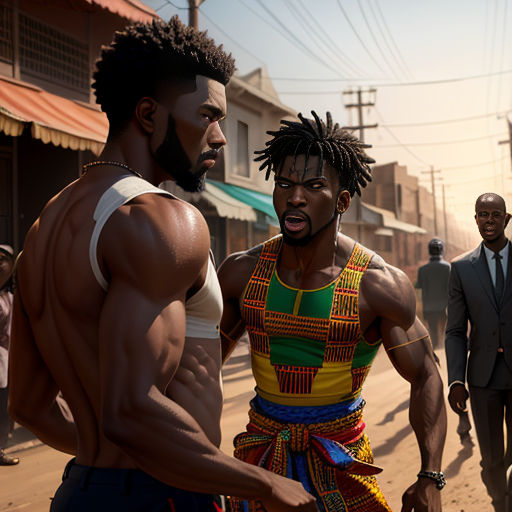
Blinded by fury, Kofi unleashed a violent tirade on the young man, beating him with a cane in front of the startled crowd.
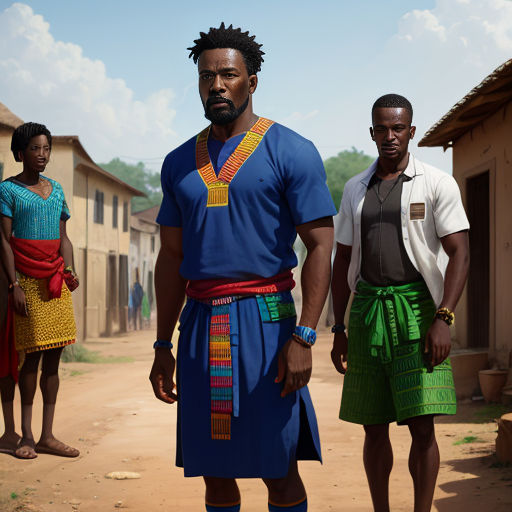
Instead of backing him, the villagers condemned Kofi's violent outburst. Even worse, he was arrested by the police for assault.
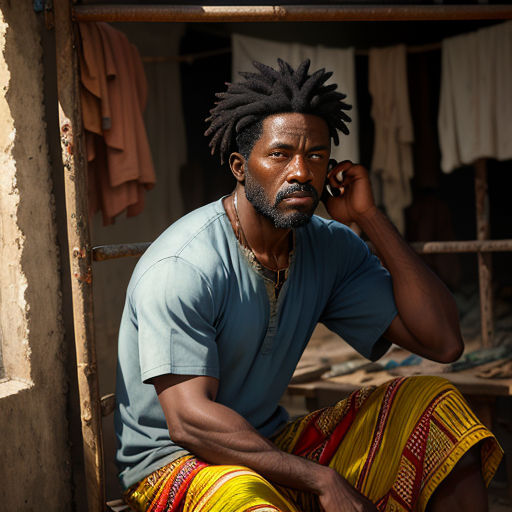
Behind the bars of his cell, Kofi lamented the weakening of his people, blaming their lack of resistance for the external cultural influences.
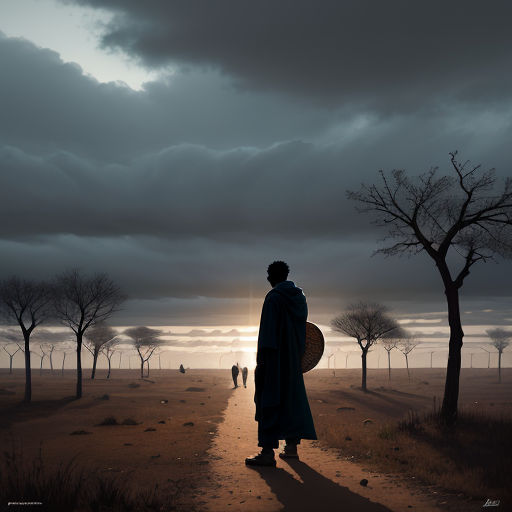
After his release, Kofi found himself isolated. The younger generation had turned their back on him, favoring modernization over their ancient traditions.
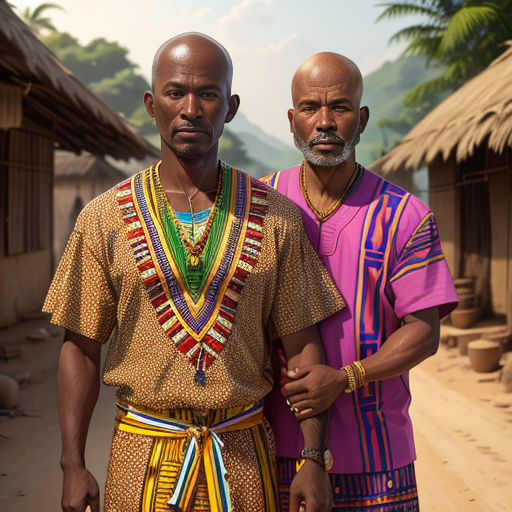
His friend Yaw, seeing Kofi's distress, advised him to adapt, stating that a blend of modernity and tradition was necessary for their people's survival.

Kofi, however, was unbending. He believed that suicide was the only way out, as he could not bear to witness his beloved traditional life being erased.
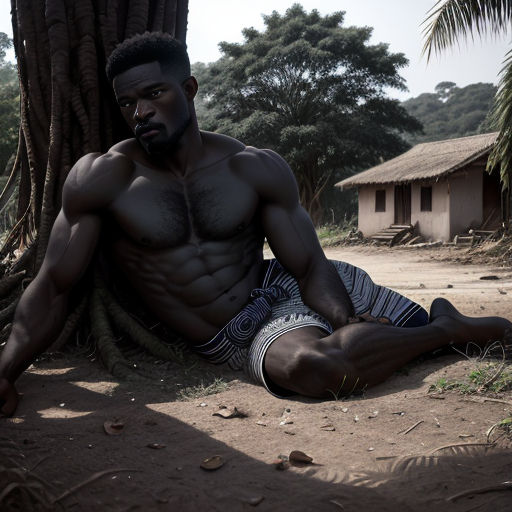
In a secluded spot behind his cocoa field, Kofi took his own life, leaving the village and his family in shock and grief.
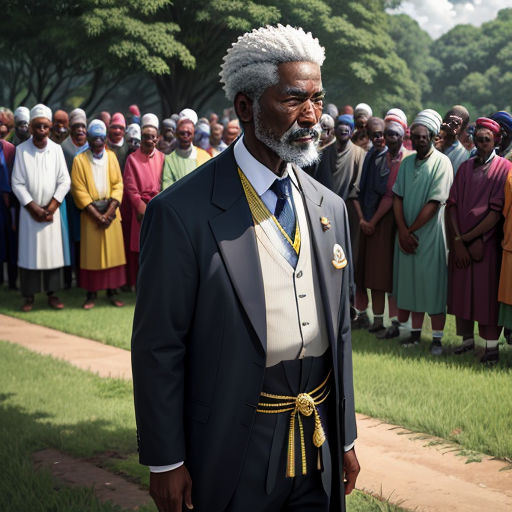
At his funeral, the village chief mourned the loss of such a potent farmer and a respected elder, unaware of Kofi's reasons for ending his life.
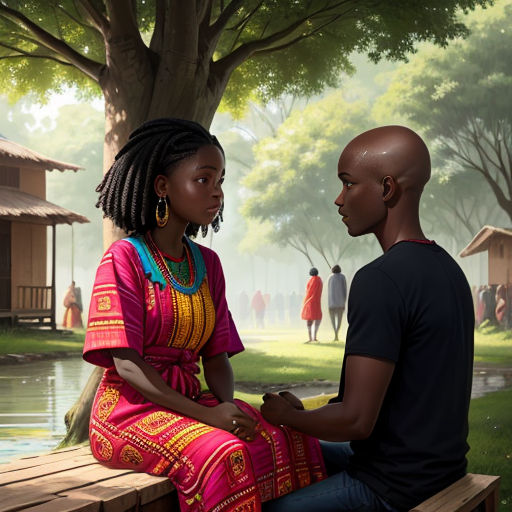
Only Yaw and Aba knew the bitter truth. Kofi had committed suicide, driven by his grief over the vanishing traditions of his people.

Kofi's tragic demise served as a harsh reminder of the perils of rigidly adhering to the past, refusing to accept changes brought on by the passage of time.

In the aftermath, Yaw rose to prominence as a voice advocating for balance and adaptation, becoming a beacon of wisdom in uncertain times.
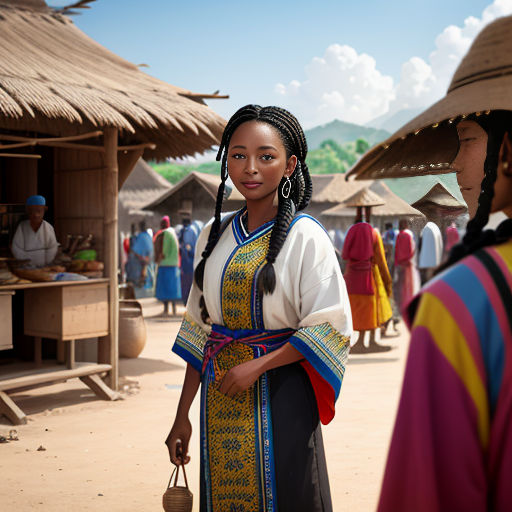
Aba, on the other hand, took upon herself the challenge of uniting the ancient with the new, guiding the village towards a promising future.
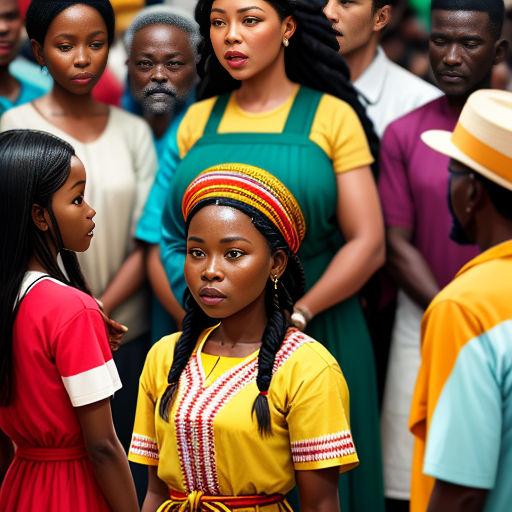
Her vision and efforts were a beacon of light for the village, a beacon that her father had failed to become in his tragic resistance to change.

Kofi's tale serves as a stark reminder that while tradition is an integral part of our identity, our survival depends on adapting to the ever-evolving world.
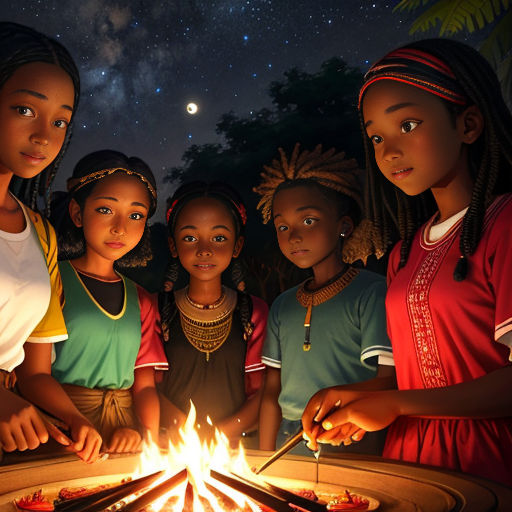
The young villagers, inspired by Aba's courage and wisdom, remained hopeful. They understood that their culture was not vanishing but simply evolving with time.
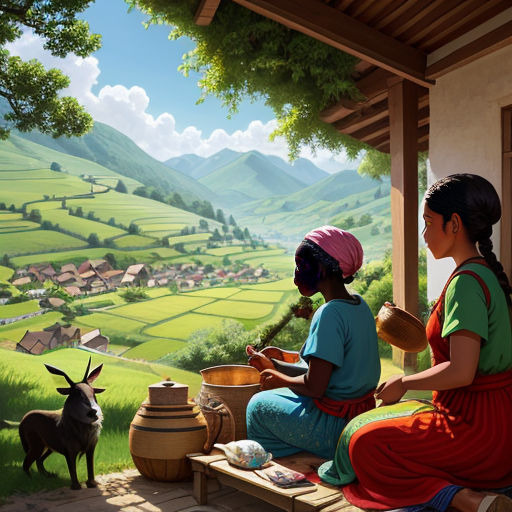
With time, the villagers learned to embrace both the ancient and the modern, honoring their heritage while also keeping stride with the changing world.
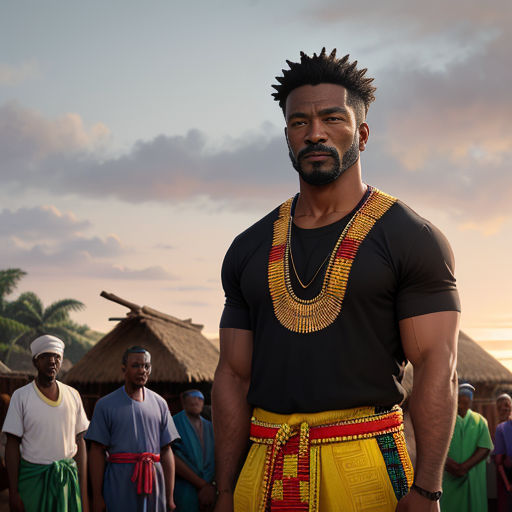
The tale of Kofi will forever be etched in the hearts of his village, a somber testament to the struggles between tradition and modernity.
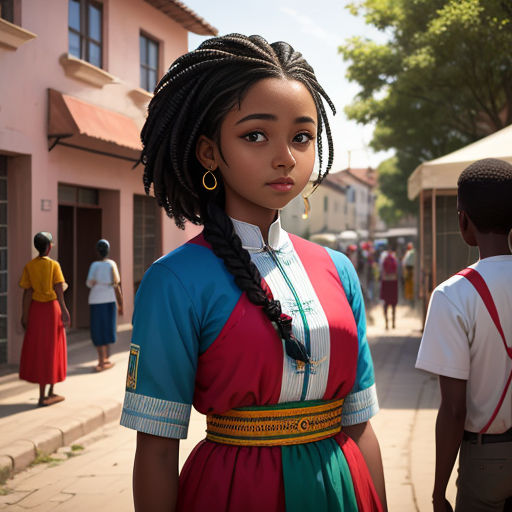
Yet, in its wake, the strength and resilience of the younger generation, led by Aba, brought renewed hope for a harmonious coexistence of old and new ways.
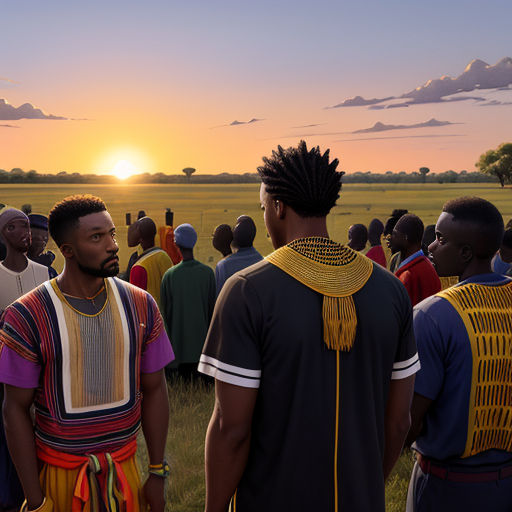
And so, while the tale of Kofi was one of despair, the legacy he left behind ultimately became one of hope and adaptation.
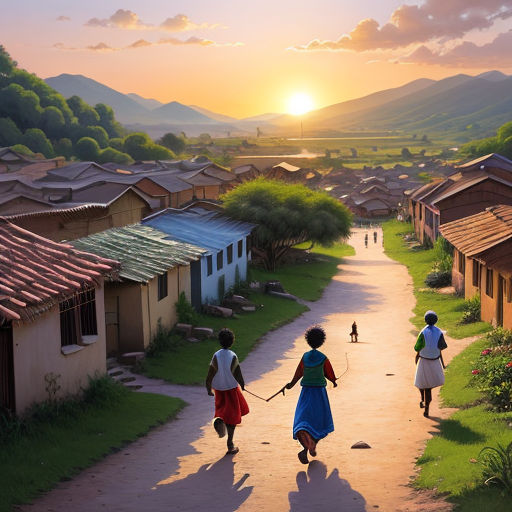
The village moved forward, carrying their rich cultural roots intertwined with their resilient spirit of adaptability, walking towards a balanced and thriving future.
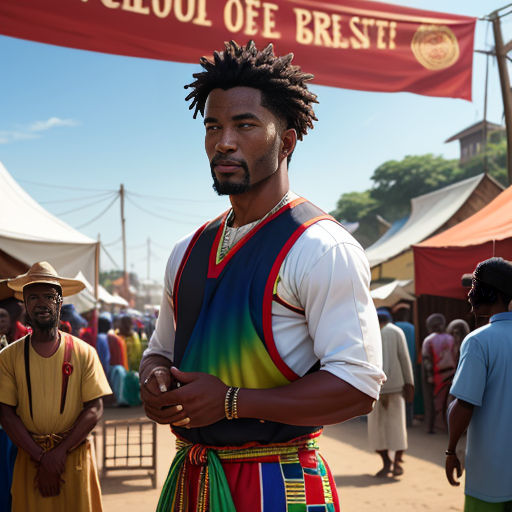
The tale of Kofi, the traditionalist, remains a poignant reminder of the importance of balance between preserving cultural heritage and embracing progress, in creating a thriving society.
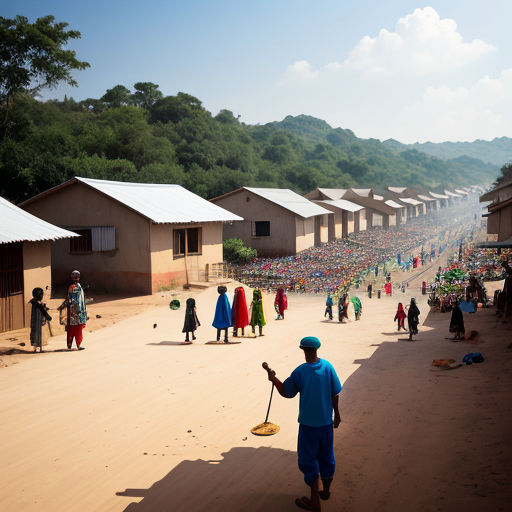
In the end, Kofi's struggle was not in vain. His tale sparked a new era in the village, one that intertwined past and future, tradition and modernity, in a harmonious dance of progress.